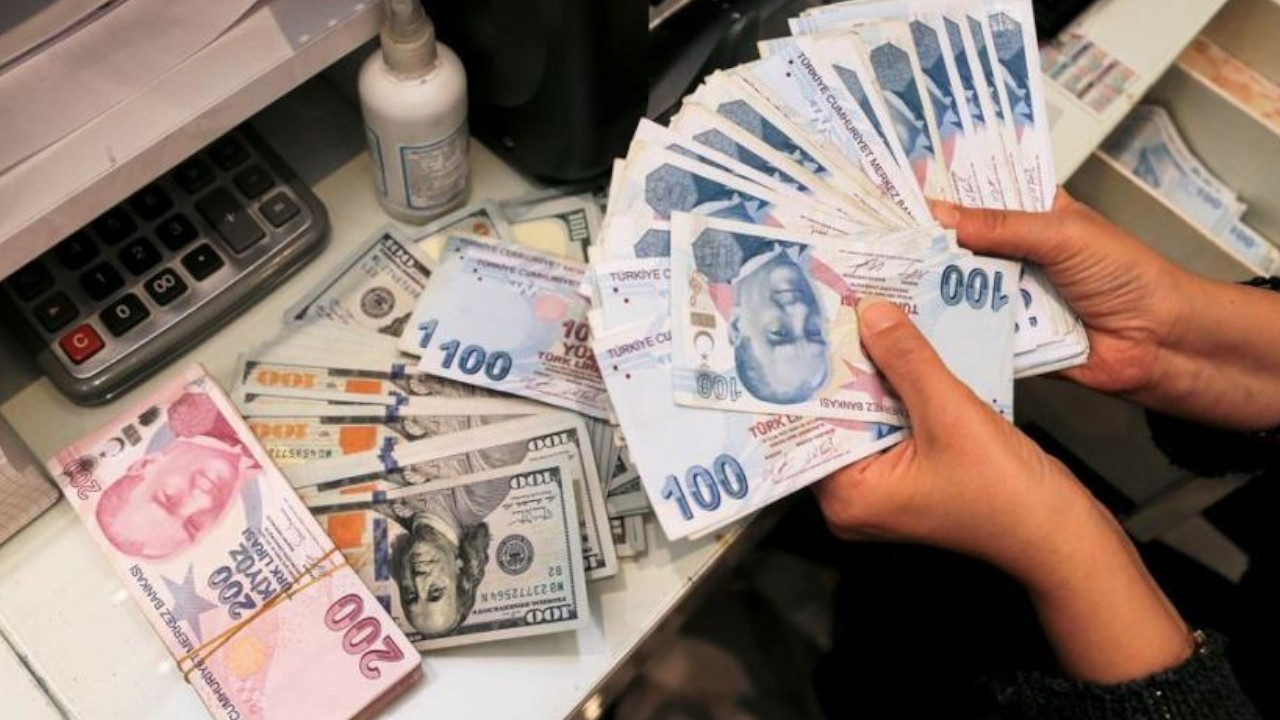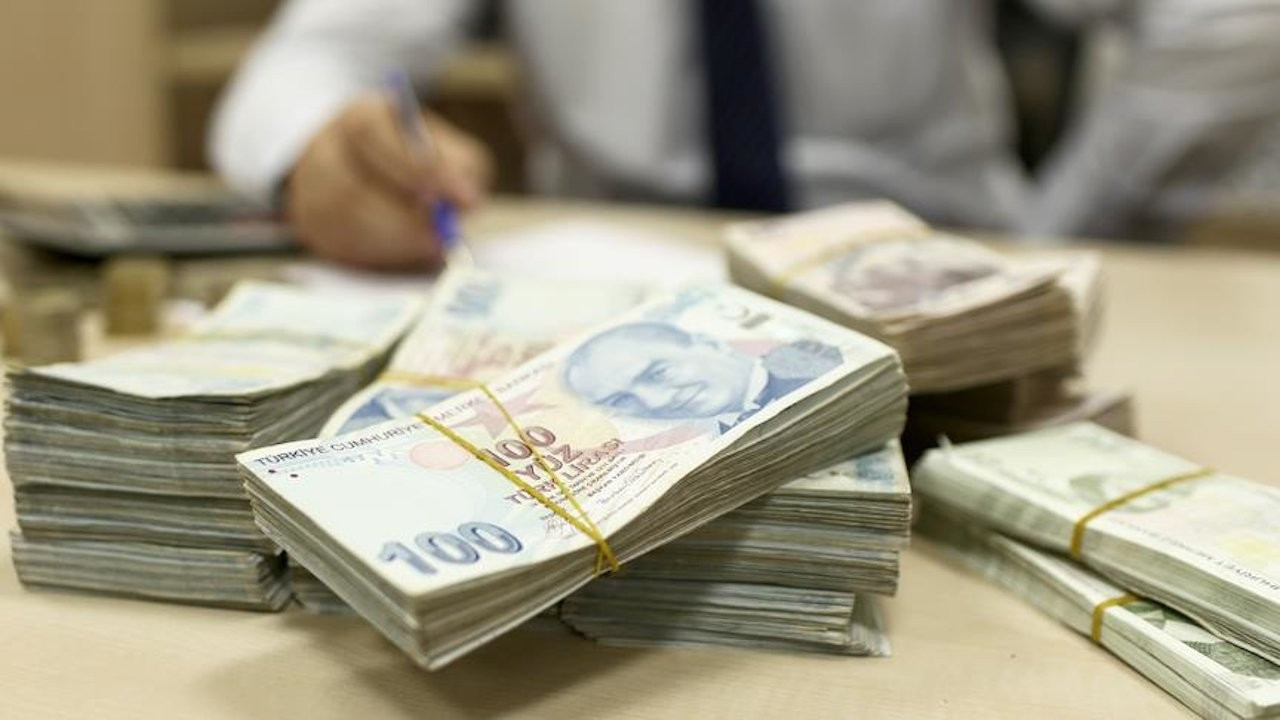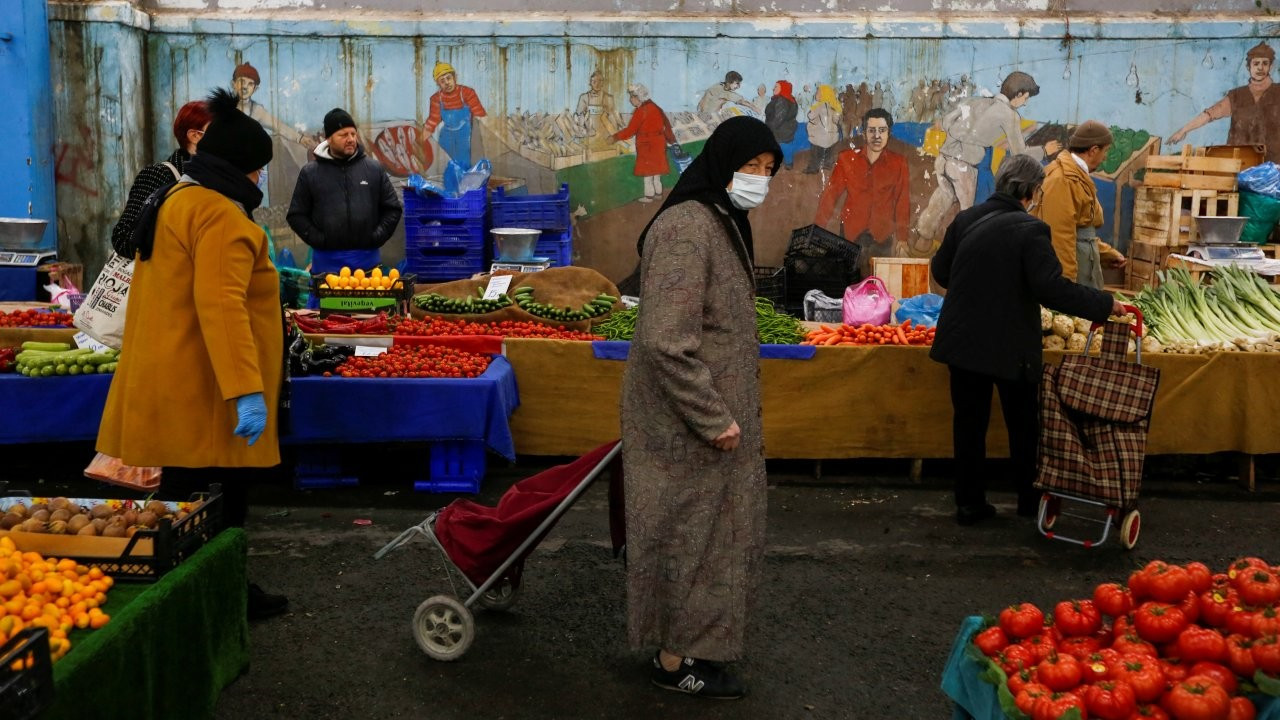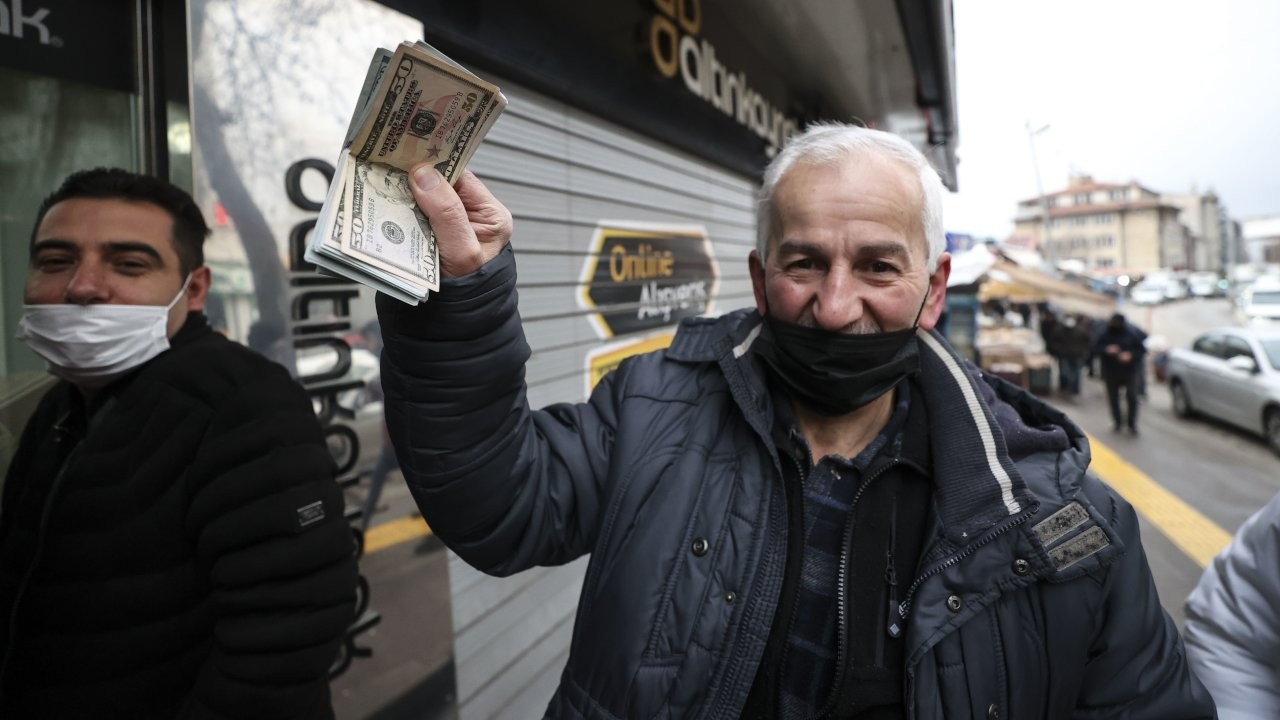Turkish lira holds gains from volatile rally after government backstop
Turkey's lira steadied on Dec. 22 and held gains from what is so far its best week two decades. The currency is still down some 40% this year following a meltdown prompted by an aggressive monetary easing cycle engineered by Erdoğan.
Reuters
Turkey's lira steadied on Dec. 22 and held gains from what is so far its best week two decades, after the currency charged back from record lows due to President Recep Tayyip Erdoğan's new steps to guard Turks' savings against such volatility.
The lira stood at 12.25 to the dollar at 0539 GMT, from a close of 12.4 on Dec. 21 when it rose 6% in a roller-coaster session.
On Dec. 20 - when the president announced the plan to protect lira deposits from further depreciation - the lira first crashed 10% then rallied to its largest daily gain ever, in record volatility.
The currency is still down some 40% this year following a meltdown prompted by an aggressive monetary easing cycle engineered by Erdoğan. At its low on Dec. 20, the currency was down some 60% on the year.
More than half of locals' savings are in foreign currencies and gold, according to central bank data, with confidence in the lira eroding after years of depreciation and bruised central bank credibility.
Erdoğan introduced a series of measures on Dec. 20 that would shift the burden of a weakened currency to the Treasury and encourage Turks to hold lira rather than dollars.
Analysts and bankers warned that if the nascent lira rally reverses and forces the government to cover depositors' losses, it could further stoke inflation and weigh heavily on the deficit.
Wall Street bank JPMorgan estimated that any extra 12% lira depreciation over the deposit interest rate could increase the budget deficit by around 1% of GDP over a six month horizon.
Stepping in the share the burden, the central bank said on Dec. 21 it will support the conversion of foreign currency deposit accounts into lira to further encourage reverse dollarization.
Under pressure from Erdoğan, the central bank has cut interest rates by 500 basis points since September. The president has pledged to continue with his low-rates policy.
While the government hailed the lira's rebound on Dec. 20 as a major policy win, economists have widely said Erdoğan's low-rates model is reckless and they expect inflation, currently above 21%, to blow through 30% next year.

 Turkey's opposition criticizes Erdoğan's new measures to halt dollarizationEconomy
Turkey's opposition criticizes Erdoğan's new measures to halt dollarizationEconomy Turkish depositors delight in lira let-up but will Erdoğan's plan deliver?Economy
Turkish depositors delight in lira let-up but will Erdoğan's plan deliver?Economy 'Erdoğan trying to win back voters who left AKP for economic reasons'Economy
'Erdoğan trying to win back voters who left AKP for economic reasons'Economy Thousands of Turks flock to exchange offices after lira charges backEconomy
Thousands of Turks flock to exchange offices after lira charges backEconomy